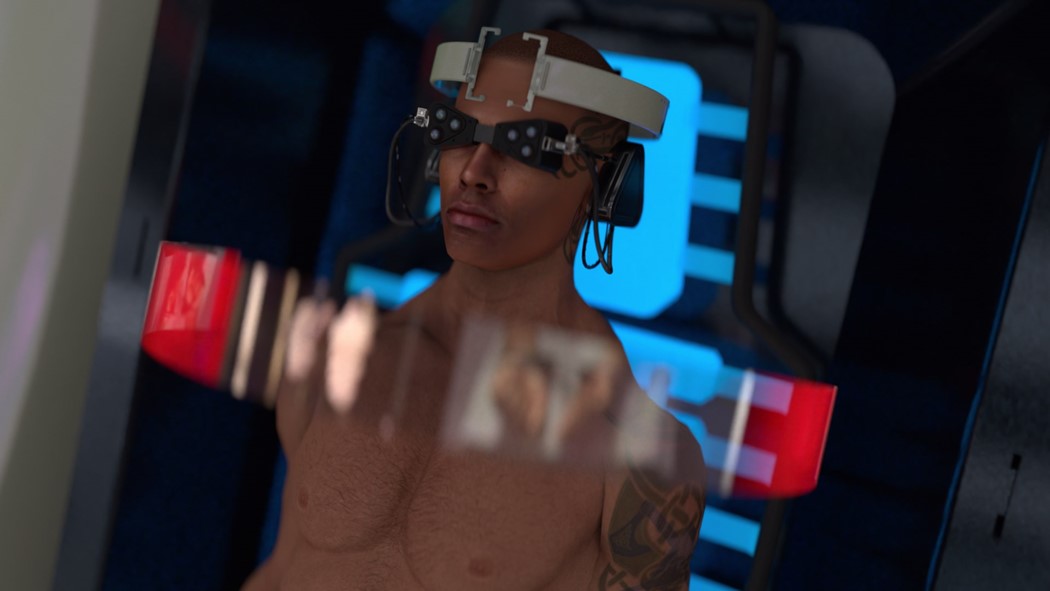The United States faces a stark reality: it incarcerates more of its population than any other NATO nation, surpassing the combined rates of the UK, Portugal, Canada, France, and Belgium. This troubling statistic prompts discussions about alternatives to traditional incarceration.
One provocative proposal comes from Hashem Al-Ghaili, a molecular biologist and science communicator from Yemen. In an interview with Wired, he advocates for a radical approach: the creation of a virtual prison system. This system, termed Cognify, aims to revolutionize justice by immersing prisoners in artificial memories instead of physical confinement.
Cognify operates on a futuristic premise: rather than locking individuals away for extended periods, and it would subject them to customized AI-generated scenarios delivered directly to their brains.

Redefining Justice: The Radical Proposal of Cognify and the Future of Virtual Prisons
These scenarios are intended to shape long-term behavioral changes by influencing memory patterns at the molecular level, involving DNA and RNA associated with memory formation. While currently speculative, Al-Ghaili points to experimental evidence with animals, suggesting that such technology could be viable for human application in the future.
The ethical implications of Cognify are profound and contentious. Al-Ghaili acknowledges these concerns, emphasizing the need to overcome ethical restrictions for testing and implementation.
He suggests a potential timeline of around a decade for development, contingent upon resolving these ethical dilemmas. However, the concept raises significant questions about consent, autonomy, and the potential for misuse or manipulation within a virtual justice system.
The idea of a virtual prison system reminiscent of science fiction is not new. Al-Ghaili’s proposal draws comparisons to narratives like “The Sentence” from The Outer Limits, where a scientist experiences a lifetime imprisonment in mere minutes through a virtual simulation.
Such dystopian scenarios underscore the eerie plausibility and moral quandaries posed by Cognify, challenging societal norms and legal frameworks around incarceration and rehabilitation.
While Cognify remains speculative and technologically distant, it represents a thought-provoking attempt to reimagine justice and punishment in the modern era. Its potential promises both innovative solutions and profound ethical dilemmas, highlighting the complex intersection of neuroscience, technology, and human rights in criminal justice reform.









































